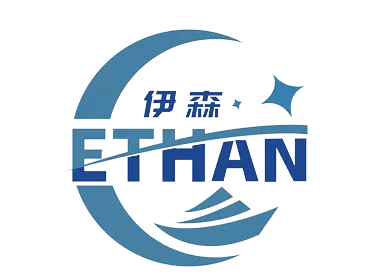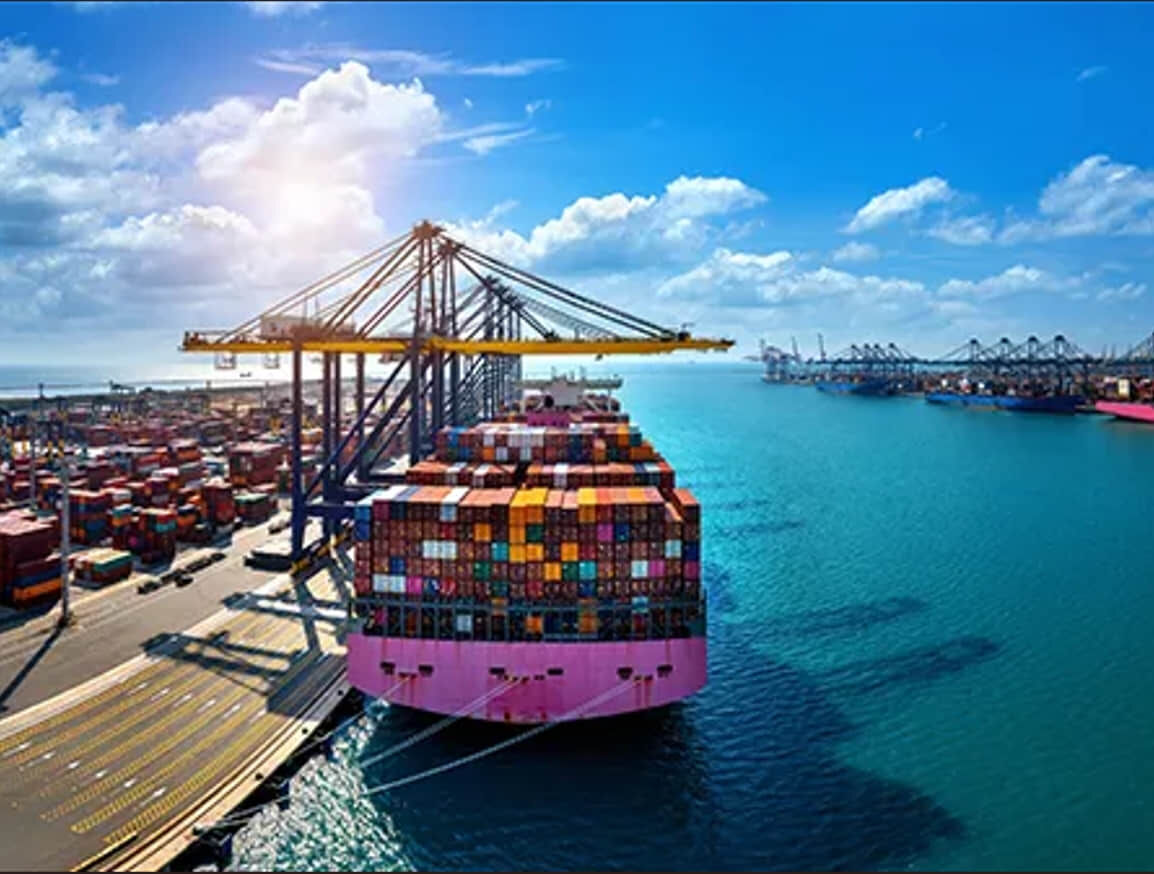Understanding Duty and Tax Savings in International Trade
Why Reducing Duty Costs Matters for Businesses
Reducing duty costs is essential for businesses as it directly impacts their bottom line, potentially increasing profit margins significantly. By optimizing their duty expenses, companies can save up to 20% of import costs annually. This substantial reduction in costs can lead to greater profitability and a reinvestment of savings into business growth strategies. For instance, a retailer importing clothing might see increased profit margins by minimizing import duties.
Moreover, saving on duties and taxes can provide businesses with a competitive advantage in pricing their products. Lower duty expenses mean lower overhead costs, allowing businesses to offer more competitive prices without sacrificing profitability. This can be particularly advantageous in markets where pricing is a critical factor for consumers, thus enhancing market share and customer loyalty. Ultimately, the strategic reduction of duty costs is a powerful tool for businesses to remain competitive and thrive in international trade.
Key Factors Impacting Duty and Tax Expenses
Duty and tax expenses in international trade are influenced by several critical factors. First, product classification plays a significant role, as different goods attract different duty rates based on their classification under the Harmonized System (HS). Proper classification can enable businesses to benefit from favorable duty rates. Additionally, the origin of goods can impact duty rates through existing trade agreements between countries. For example, free trade agreements can reduce or eliminate duties for certain products.
Currency fluctuations is another important factor that affects duty and tax calculations. As exchange rates vary, the conversion of prices from the exporting country to the importing country can alter the final duty expense. Businesses need to monitor these fluctuations closely to predict the impact on their overall import costs.
Researching Tariffs and Tax Regulations
How to Identify Applicable Duty Rates
Identifying applicable duty rates is fundamental for businesses involved in international trade to optimize their costs. To accurately gauge duty rates, companies should leverage a variety of resources including government websites and trade association databases, which often house the most updated information. An essential tool in this effort is the Harmonized Tariff Schedule (HTS). It is widely used to classify worldwide trade, enabling businesses to assess duties accurately by considering the classification of their products. Customs classifications play a critical role in determining these rates and ensure firms comply with international trade laws. By classifying their products correctly, companies can avoid unexpected costs and stay competitive.
Avoiding Common Tax Classification Errors
Tax classification errors can have significant repercussions for businesses, leading to incorrect duty payments and potential penalties. Common mistakes include misclassifying goods due to complex regulations or neglecting to update classifications with changes in product specifications. These errors increase duty liabilities and may attract heavy fines. To avoid these pitfalls, businesses should adopt strict processes for accurate product classification, which include meticulous internal audits. Moreover, engaging with a customs broker or consultant can be invaluable. These experts provide guidance on the current regulatory landscape, helping ensure that all classifications remain compliant with international standards.
Leveraging Free Trade Agreements (FTAs)
Benefits of FTAs for Cross-Border Savings
Free Trade Agreements (FTAs) offer significant advantages for businesses engaged in international trade. The most notable benefits include reduced tariffs and enhanced market access, which contribute to increased competitiveness. These agreements facilitate smoother trade by mitigating barriers and providing businesses with the opportunity to save duty on imported goods. In fact, FTAs have saved organizations millions in duty costs, thereby allowing them to allocate resources more efficiently and foster growth. The main distinction between FTAs and other trade agreements lies in their comprehensive scope, often encompassing broad economic and policy measures beyond mere tariff reduction. According to a study by the International Trade Centre, businesses leveraging FTAs can witness a remarkable increase in export volumes, further demonstrating the economic leverage these agreements provide.
Qualifying for Most-Favored-Nation (MFN) Status
Most-Favored-Nation (MFN) status is a pivotal factor in achieving duty savings. MFN treatment ensures that a country bestows the same favorable trade terms on one nation as it does on others, leading to universally lower tariffs under this arrangement. To qualify for MFN status, countries must adhere to specific regulations and standards set forth in international trade agreements, often involving intricate negotiations and compliance requirements. For example, under the World Trade Organization's guidelines, adherence to non-discrimination policies is critical for gaining MFN treatment. Countries like China and the United States have utilized MFN status to reduce duty costs significantly, enhancing trade opportunities globally while saving tax. Consequently, MFN status not only benefits individual nations but also promotes a harmonized international trade landscape.
Optimizing Product Classification with HS Codes
The Role of Harmonized System Codes in Duty Reduction
Harmonized System (HS) codes are vital in determining duty rates for cross-border trade, offering a standardized method to classify products. Proper classification of goods using HS codes can significantly lower duty expenses, thereby saving businesses millions in tax costs. For example, an electronic gadget correctly classified under its specific HS code category may attract lower tariffs compared to a generic classification. Regular audits of HS code classifications are crucial to ensure accuracy, compliance, and optimal duty savings for businesses, as classification errors can lead to unnecessary duty payments.
Avoiding Penalties Through Accurate Classification
Misclassifying goods can result in severe penalties and disruption of operations for businesses. These may include fines, additional duties, and delayed shipments. To avoid such issues, businesses must maintain compliance with international classification standards by implementing several key strategies: 1. Conduct regular audits of classifications. 2. Stay updated with any changes in HS codes. 3. Invest in continuous staff training focused on classification processes. Proper training ensures that employees are knowledgeable about the importance of accurate classification, enabling them to prevent costly errors and maintain compliance.
Exploring Duty Relief Programs and Strategies
Using Bonded Warehouses for Tax Deferral
Bonded warehouses offer businesses a strategic method to defer taxes by storing imported goods without immediately incurring duty fees. These facilities, regulated by customs authorities, enable companies to only pay duties when goods leave the warehouse and enter the local market. This system is particularly beneficial for businesses with fluctuating sales cycles or companies dealing with commodities subject to high duty rates. Imagine a company importing electronics with fluctuating seasonal demand; by utilizing a bonded warehouse, they can manage cash flow more effectively and align duty expenses with actual sales. Additionally, bonded warehouses allow for value-added processes like packaging and labeling while goods remain tax-exempt. Renowned companies like IKEA have effectively utilized bonded warehouses to optimize their supply chain and reduce tax liabilities.
Maximizing Duty Drawback Opportunities
Duty drawbacks provide businesses with an opportunity to reclaim duties paid on imported goods that are subsequently exported. This system is advantageous as it allows businesses to reduce net duty expenses and enhance profit margins. To benefit from duty drawbacks, companies must diligently adhere to the filing process, which typically involves strict timelines and comprehensive documentation, including proof of export and import records. For instance, a company exporting products manufactured from imported raw materials can file for a duty drawback to save costs. A case in point is the automotive industry, where companies like Ford have leveraged duty drawbacks to substantially reduce costs, thus maximizing savings and enhancing competitive edge in the international market.
Collaborating with Customs Brokers for Compliance
How Brokers Minimize Duty Overpayment Risks
Customs brokers play a crucial role in ensuring compliance and duty savings for businesses engaged in international trade. Their expertise in navigating the complex customs regulations can significantly reduce the risks of overpayment. By collaborating with customs brokers, businesses can gain valuable insights into regulatory changes and leverage opportunities to save on duties and taxes. For instance, without proper guidance, companies may miss out on valuable duty relief programs or overpay on imports due to incorrect classification. Statistics reveal that a significant percentage of duty overpayment incidents occur due to a lack of professional guidance, highlighting the importance of expert involvement in customs processes.
Audit-Proofing Your Import Documentation
Ensuring your import documentation is audit-proof is essential to avoid fines or penalties. Accurate record-keeping and compliance with customs regulations are critical components in creating a robust audit-proofing strategy. Start by maintaining meticulous documentation that aligns with legal standards. Working with customs brokers can further bolster this effort, as their expertise ensures that your documentation meets all necessary requirements. By fostering a partnership with brokers, businesses can streamline their documentation processes and confidently face any audits that may arise, thus minimizing risks and maintaining compliance.
FAQ
What are the benefits of reducing duty costs?
Reducing duty costs can significantly increase a company's profitability by reducing import costs and providing a competitive pricing advantage.
How can businesses identify applicable duty rates for their products?
Businesses can identify applicable duty rates by using resources such as government websites and the Harmonized Tariff Schedule (HTS) for accurate product classification.
What are Free Trade Agreements (FTAs) and how do they help in cost savings?
FTAs are agreements between countries that reduce tariffs and enhance market access, thus helping businesses save on import duty costs.
Why do companies need customs brokers?
Customs brokers help businesses navigate complex regulations, ensuring compliance and avoiding duty overpayment through their expertise.
How can HS codes aid in duty reduction?
Using accurate HS codes allows businesses to classify their products correctly, potentially lowering duties and ensuring compliance with international regulations.


